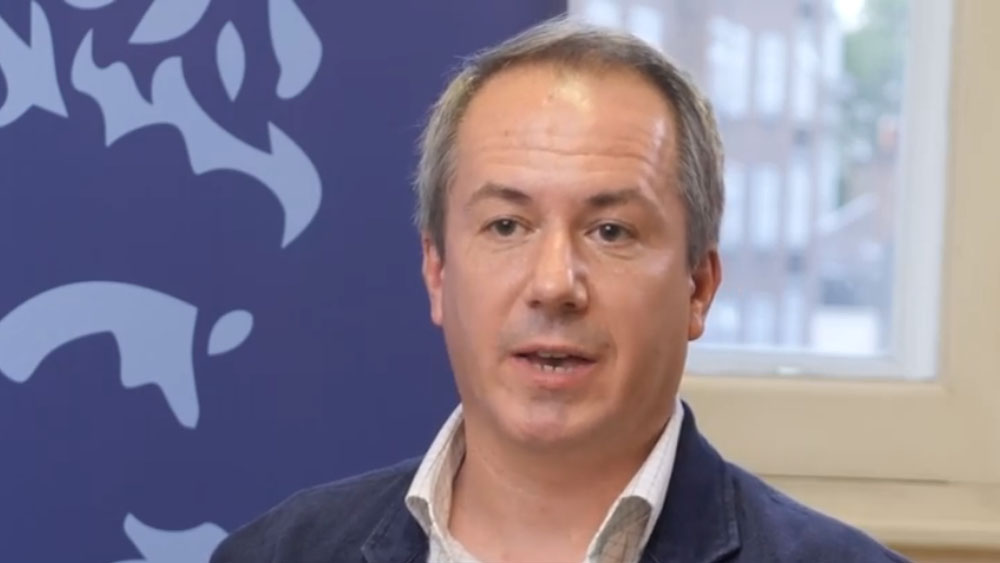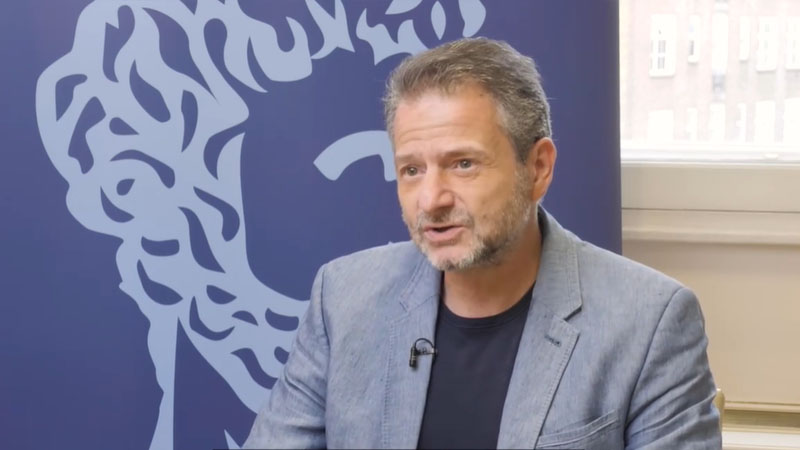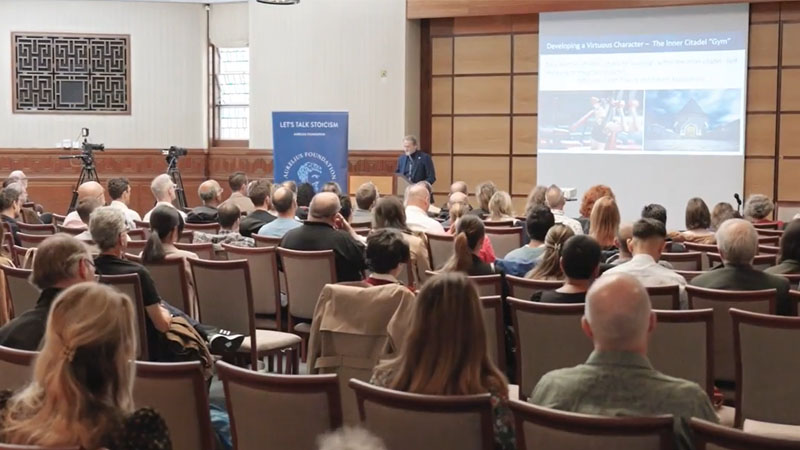Key Stoic Themes
Here are some of the key themes that recur again and again in the works of these Roman Stoics:
What matters most for anyone wanting to live a good life - and surely, we all do – is developing the right frame of mind. It is not what happens to us but how we think about it and how we respond to it that shapes the quality of our lives. We are often too quick to judge events, situations, and other people without pausing to think whether our judgements are fair or justified. More often than not the judgements we make are unwarranted and they colour our experiences in an unhelpful way, sometimes generating negative feelings of resentment, jealousy, bitterness, fear, or anger. The Stoics argued that these negative feelings are not the product of events themselves but how we think about them; as such it is entirely within our power to avoid them by changing the way we judge things.
The key to making good judgements is developing the right sort of character. In order to live a truly good life, the Stoics argued that we need to have a series of positive character traits that they called the virtues. These were justice, courage, temperance, and wisdom. While this can sound very high minded at first, it is easy to translate into more approachable terms. If ‘justice’ seems a bit grandiose, what they have in mind is fairness: be fair in your dealings with others. If ‘courage’ sounds like something only required on a battlefield, in everyday life it might simply involve stepping up and accepting your responsibilities rather than running away. With ‘temperance’ they simply mean moderation, avoiding self-destructive extremes. All these come together under ‘wisdom’, by which they mean the ability to make good, sensible decisions based on thought and experience, rather than knee-jerk reactions. It is by developing these character traits that we’ll be best placed to live a good and happy life.
Often in life things will not go our way. Life is full of challenges and difficulties. Even if everything is going smoothly now, at some point adversity will strike. We are all likely to get ill at some point. We shall all have to face bereavement, for all of our loved ones will eventually die. As small, relatively insignificant beings it ought to be unsurprising that we are unable to make the overwhelming power of Nature conform to our desires. Yet we often get frustrated and disappointed when things don’t go our way. The Stoics reflected a lot of these sorts of issues. They suggested that we tend to overvalue external situations and events, thinking that these are key to our happiness: ‘if only I could get that job, live in that area, afford that car, …’. While these sorts of things might be nice to have, the Stoics argued that none of them are essential to live a good life. All that we need to do that is develop a good character. That’s something that is completely within our control and so cannot be taken away from us once we have it. No matter what the circumstances, no matter what life throws at us, with the right frame of mind it is possible to live well.
If what matters most in order to live well is developing a good character, because that’s the only genuinely good thing, then that ought to be the basis for judging other people too. None of the other things that often divide people – nationality, religion, gender, ethnicity – ought to be of great concern. All human beings are equal in their shared capacity for becoming good, virtuous people. At the same time, though, the Stoics are equally insistent that we ought to be sympathetic and understanding towards people who are struggling. After all, no one in their right mind would choose to be angry, irrational, or impatient. Remembering that we are all members of a single global community can help us to well disposed towards others.
As well as being parts of this global community, we are also parts of Nature. In all sorts of ways our wellbeing and survival depend upon what we can get from the natural world – food, water, and everything else that we need to live. We cannot survive without it. One obvious consequence of this is that we ought to pay attention to the wellbeing of Nature as a whole, living sustainably so that we do not irreparably damage the hand that feeds us.









